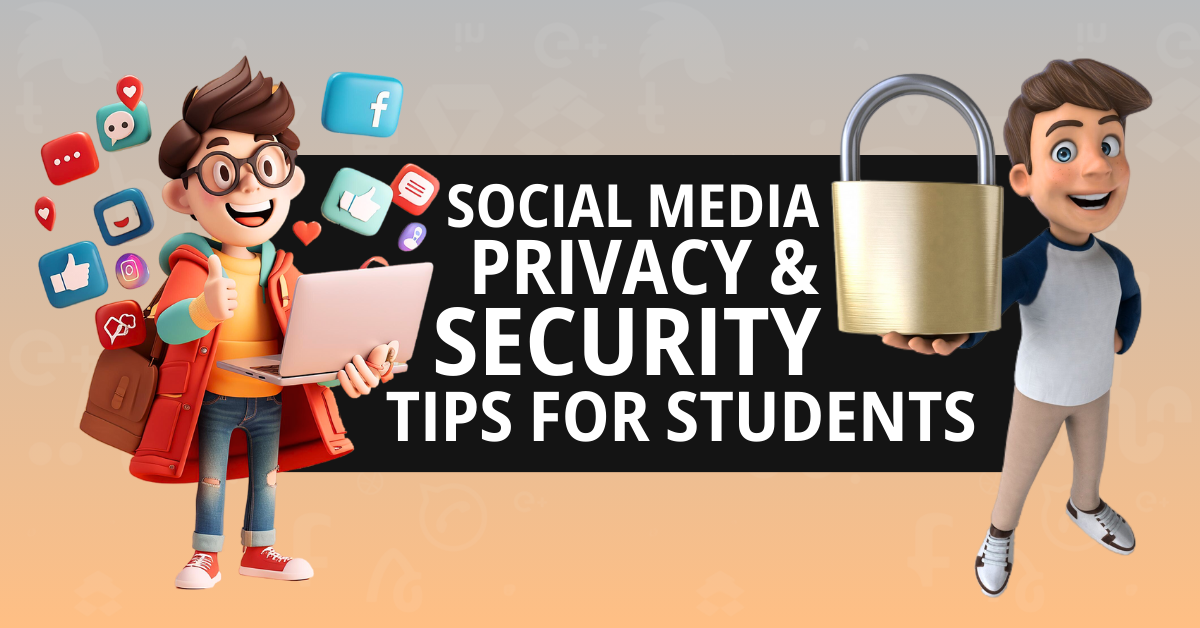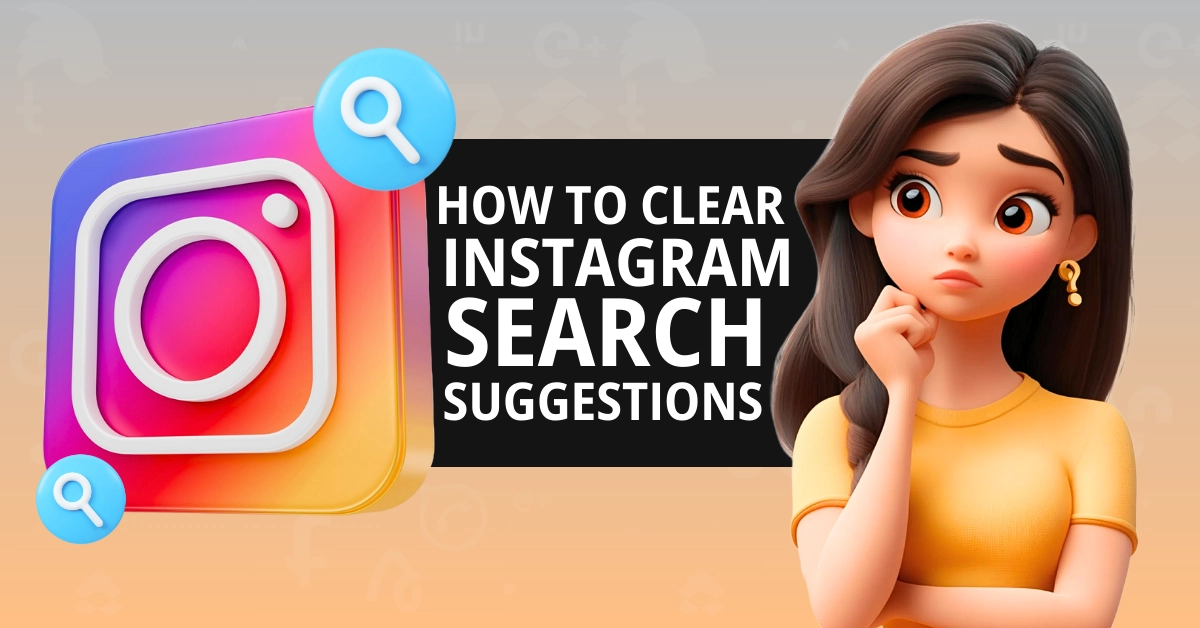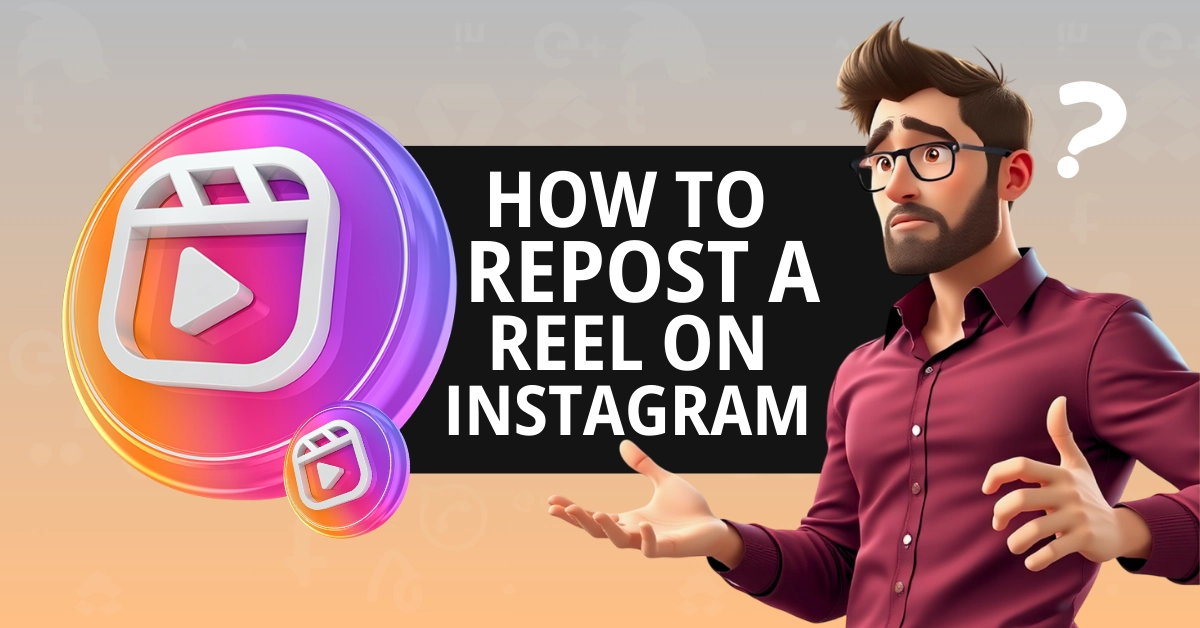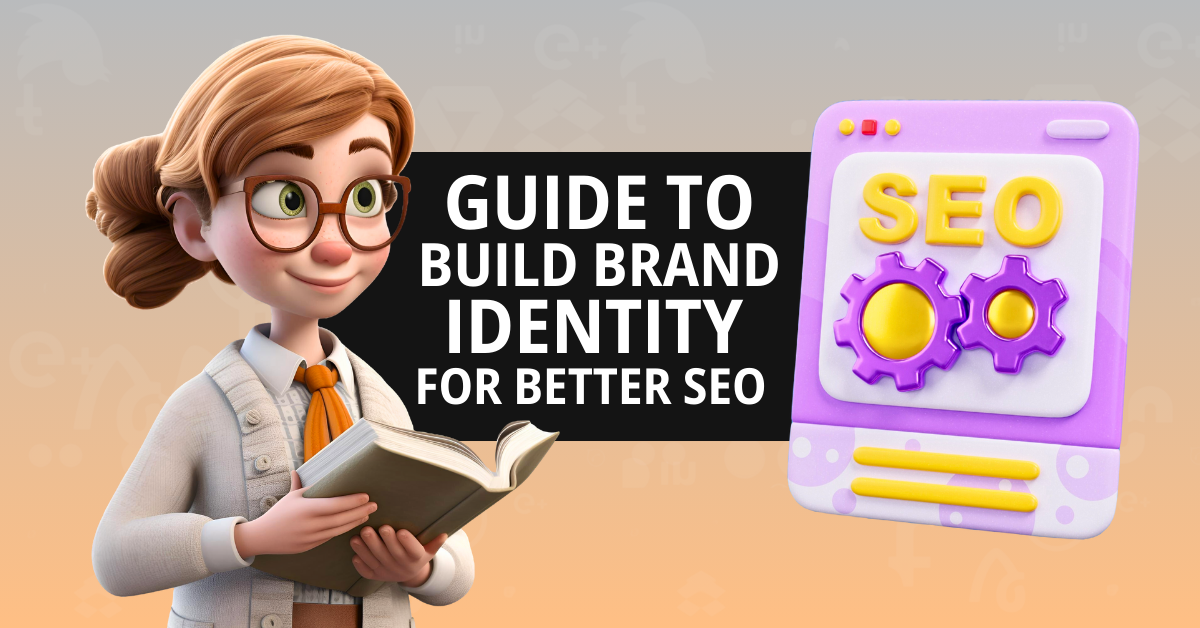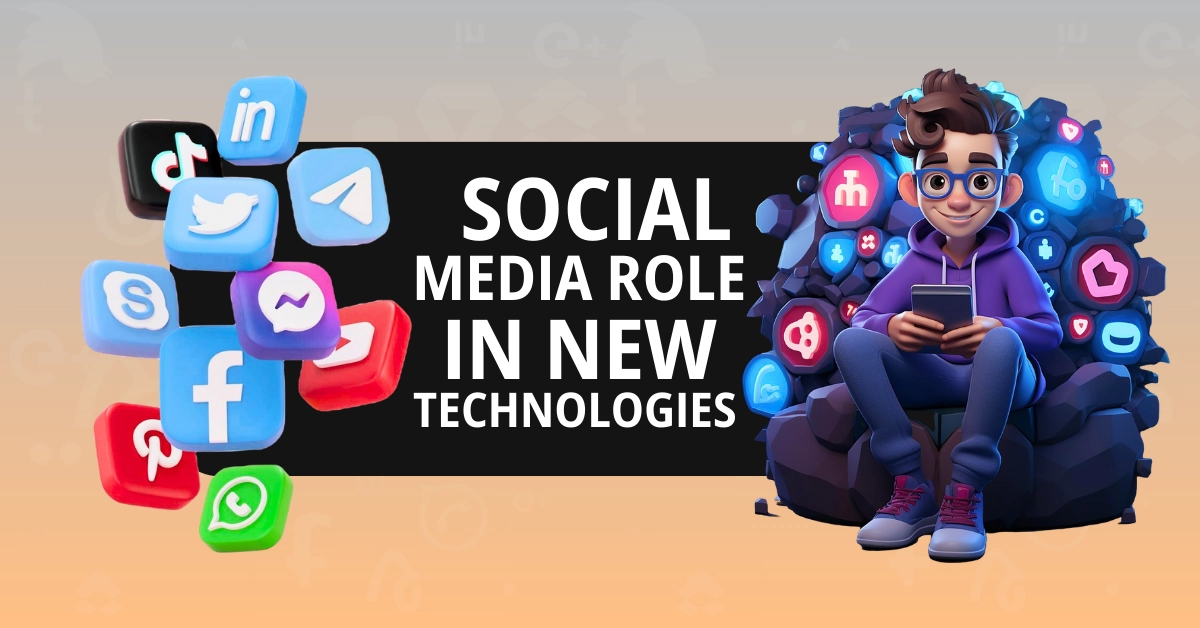As students, social media has become an integral part of our daily lives. We use it to connect with friends, stay informed about events, and even collaborate on school projects. Social media privacy and security are crucial for students to maintain their personal information’s safety online. Academized essay writers can provide insightful guidance on writing essays about this important topic, helping students understand how to set strong passwords, recognize phishing scams, and manage privacy settings effectively.
Academized.com is relevant because it offers professional writing services that can help students articulate their understanding of privacy and security measures in a clear and well-structured manner. In this post, we’ll explore some essential tips to help you protect your personal information and stay safe online.
The Risks
Before we dive into the tips, it’s crucial to understand the potential risks associated with social media usage. Here are some common threats:
1. Identity Theft: Oversharing personal information on social media can make you vulnerable to identity theft, where criminals can steal your personal data for fraudulent activities.
2. Cyberbullying and Harassment: Social media platforms can be breeding grounds for cyberbullying, harassment, and other forms of online abuse, which can have severe psychological impacts.
3. Privacy Breaches: Social media companies often collect and share user data with third parties, which can lead to privacy breaches and unauthorized access to your personal information.
4. Phishing and Malware Attacks: Cybercriminals may use social media platforms to distribute malware or conduct phishing scams, tricking users into revealing sensitive information or installing malicious software.
The Latest Statistics
To highlight the importance of social media privacy and security, let’s take a look at some recent statistics:
| Statistic | Value | Source |
| Percentage of users who experienced cyberbullying on social media in 2022 | 36.1% | Pew Research Center |
| Number of records exposed in data breaches in 2022 | 22.6 billion | Risk Based Security Report |
| Percentage of users who have shared sensitive info on social media | 60% | AARP Survey |
| Estimated annual cost of cybercrime globally in 2022 | $7 trillion | Cybersecurity Ventures |
These statistics emphasize the importance of taking proactive measures to protect your privacy and security on social media.
Privacy Settings
Many students rely on Academized reviews to find trusted guidance for writing essays about social media privacy and security tips. The first line of defense against privacy and security threats on social media is to adjust your privacy settings.
Most social media platforms offer various privacy controls that allow you to manage who can see your posts, personal information, and other details. Here are some tips for optimizing your privacy settings:
1. Review your privacy settings regularly and make adjustments as needed.
2. Limit the visibility of your posts to “Friends Only” or a specific group of people you trust.
3. Avoid sharing sensitive personal information, such as your phone number, address, or birth date, publicly.
4. Disable location services or location tagging on your social media posts to maintain privacy about your whereabouts.
5. Carefully review the privacy policies of the social media platforms you use to understand how your data is collected and shared.
Strong Passwords and Two-Factor Authentication
Weak passwords are one of the leading causes of account breaches and identity theft. To protect your social media accounts, follow these password best practices:
1. Use a unique, strong password for each social media account, combining uppercase and lowercase letters, numbers, and special characters.
2. Avoid using common words, phrases, or personal information that can be easily guessed.
3. Consider using a password manager to generate and securely store complex passwords for all your accounts.
4. Enable two-factor authentication (2FA) whenever possible, adding an extra layer of security to your accounts by requiring a second form of verification, such as a one-time code, in addition to your password.
Careful Content Sharing
While social media is a great platform for sharing life experiences, it’s essential to be mindful of the content you post. Here are some tips for responsible content sharing:
1. Think twice before posting sensitive or compromising information, photos, or videos that could potentially harm your reputation or put you at risk.
2. Avoid oversharing personal details, such as your location, routine, or travel plans, which could make you vulnerable to stalking or other threats.
3. Be cautious when sharing information about your family, friends, or colleagues without their consent, as it can compromise their privacy as well.
4. Consider the potential consequences of your posts, even if they are intended as jokes or sarcasm, as they can be misinterpreted or taken out of context.
Social Media Platforms’ Privacy and Security Features
Most social media platforms offer various privacy and security features to help protect your data and accounts. Here are some features you should familiarize yourself with and utilize:
1. Privacy Checkup: Many platforms offer a “Privacy Checkup” feature that allows you to review and adjust your privacy settings in one convenient location.
2. Account Security Features: Look for features like two-factor authentication, login alerts, and the ability to review and manage active sessions to detect and prevent unauthorized access to your accounts.
3. Data Download and Deletion: Understand how to download a copy of your data or delete your account and associated information if you decide to leave a particular social media platform.
4. Reporting and Blocking: Make use of reporting and blocking features to address cyberbullying, harassment, or any other concerning behavior from other users.
Online Reputation Management
In today’s digital age, your online presence and reputation can have significant implications for your personal and professional life. Here are some tips for managing your online reputation:
1. Google yourself regularly to monitor what information about you is available online and take steps to address any inaccurate or harmful content.
2. Adjust your privacy settings on social media platforms to control who can see your posts and personal information.
3. Be mindful of the content you share and the online communities you engage with, as they can shape your digital footprint.
4. Consider creating and maintaining a professional online presence, such as a personal website or LinkedIn profile, to showcase your achievements and expertise.
Staying Informed and Vigilant
Finally, it’s essential to stay informed about the latest privacy and security threats, trends, and best practices related to social media. Here are some tips to help you stay vigilant:
1. Follow reputable cybersecurity and privacy organizations, experts, and news sources to stay up-to-date on the latest developments and recommendations.
2. Attend seminars, workshops, or online courses offered by your school or local community organizations to learn more about online safety and privacy.
3. Be cautious of phishing attempts, unsolicited messages, or suspicious links, even if they appear to come from trusted sources.
4. Regularly review and update your social media privacy and security settings, as platforms often introduce new features or make changes to their policies.
By following these tips and staying vigilant, you can enjoy the benefits of social media while minimizing the risks to your privacy and security. Remember, protecting your personal information and online presence is an ongoing process that requires proactive measures and constant awareness.


